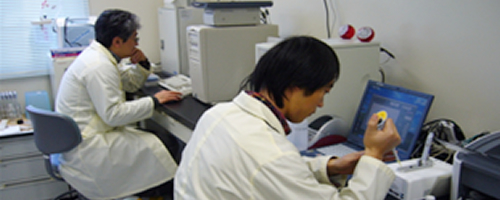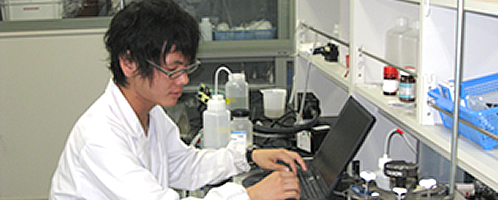MENU
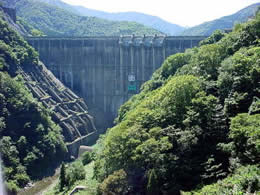 With the advent of a population explosion and increasing global environmental problems there is a growing concern for the world food supply in the near future. In particular, the considerably low food self-sufficiency ratio of our country requires the establishment of a stable food supply system. In the Department of Agricultural Engineering and Socio-Economics educational research is carried out that aims at the systemization of all processes from agricultural infrastructure to distribution and consumption of foods so that producers and consumers alike may coexist in an environmentally sustainable society. The department has two divisions: the Division of Agricultural Engineering and the Division of Food and Environmental Economics which foster human resources and provide them with a broad knowledge with regards to food and the environment and skills so that they can play an active role in the public or private sector.
With the advent of a population explosion and increasing global environmental problems there is a growing concern for the world food supply in the near future. In particular, the considerably low food self-sufficiency ratio of our country requires the establishment of a stable food supply system. In the Department of Agricultural Engineering and Socio-Economics educational research is carried out that aims at the systemization of all processes from agricultural infrastructure to distribution and consumption of foods so that producers and consumers alike may coexist in an environmentally sustainable society. The department has two divisions: the Division of Agricultural Engineering and the Division of Food and Environmental Economics which foster human resources and provide them with a broad knowledge with regards to food and the environment and skills so that they can play an active role in the public or private sector.
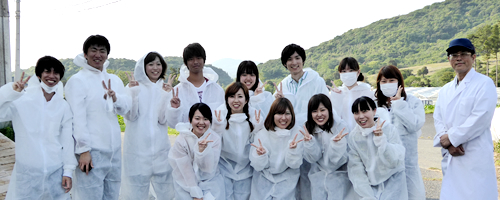
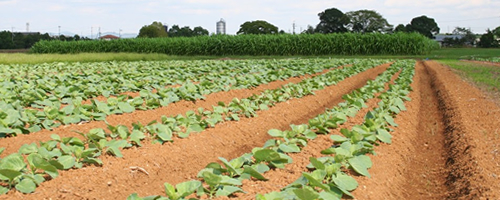
Bioresource Science Animals and plants are essential as reproducible resources of food and various materials for our life. The Department of Bioresource Science provides education and research on animals, plants and microorganisms at the gene, molecule, cell, individual, group, species and ecosystem levels. The research and education also include the management and efficient utilization of bioresources for sustainable food production and safe food supply. Our goal is to develop outstanding bio-specialist with comprehen-sive knowledge and thinking power who can play an active role in a variety of fields ranging from food production to new biotechnology. To achieve the goal this department has two divisions, the Division of Animal Science and the Division of Plant Science.
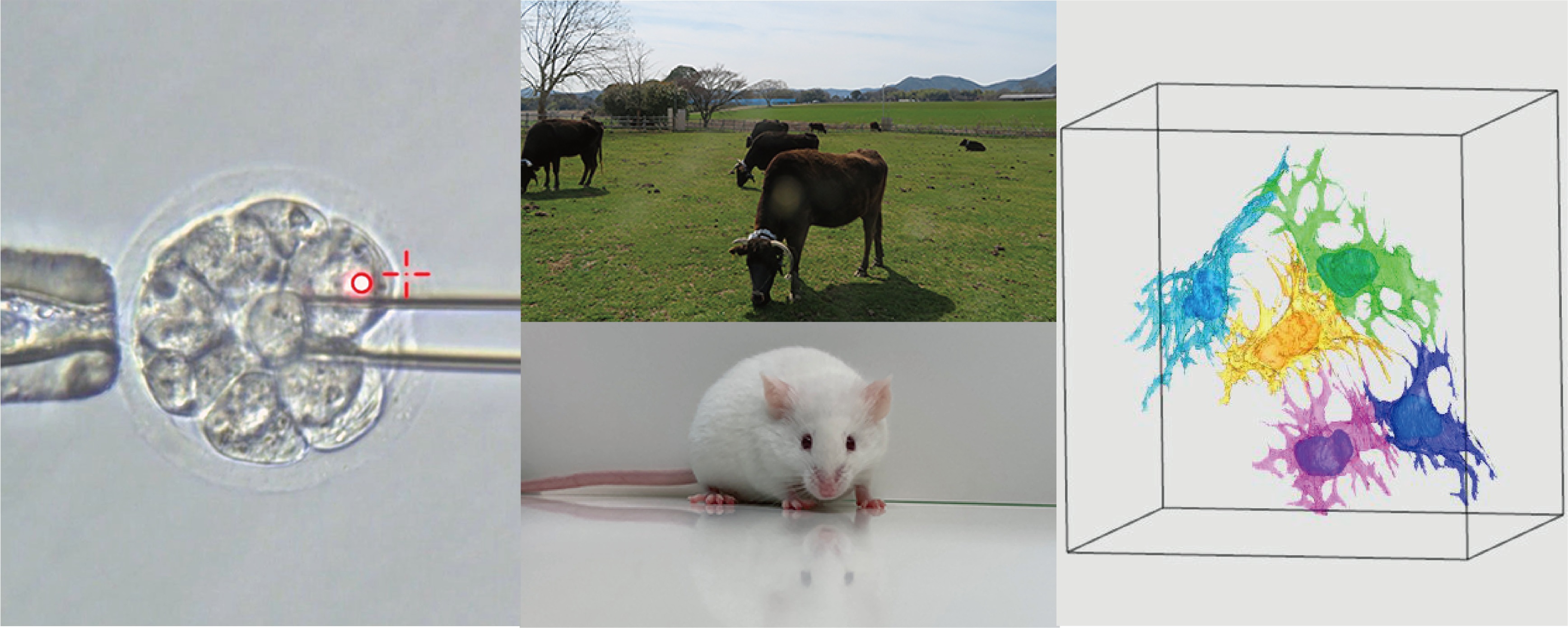
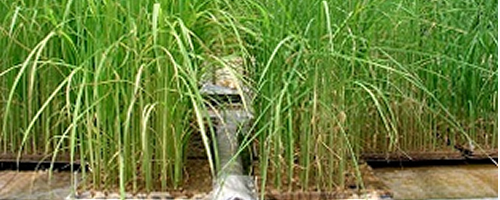
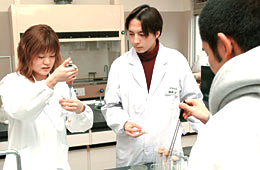 The Department of Agrobioscience develops human resources that have the ability to understand and analyze a variety of functions and phenomena of organisms related to food and agriculture from the molecular to the ecosystem level from various perspectives, and those who can support society leveraging biology in the 21st century by utilizing, developing, and controlling organisms and their functions such as in developing bioindustries related to agricultural crops, food, chemistry, medicine, etc. and cultivates excellent scientific powers of environment. The department has many fields that encompass food, chemistry, biology, etc, and cultivates excellent scientific powers of thinking, experimentation, and expression by providing students with a systematic lecture curriculum which takes actual career paths info consideration. To achieve these goals, the department has two divisions: the Division of Applied Chemistry in Bioscience and the Division of Plant Health, Environment and Biotechnology
The Department of Agrobioscience develops human resources that have the ability to understand and analyze a variety of functions and phenomena of organisms related to food and agriculture from the molecular to the ecosystem level from various perspectives, and those who can support society leveraging biology in the 21st century by utilizing, developing, and controlling organisms and their functions such as in developing bioindustries related to agricultural crops, food, chemistry, medicine, etc. and cultivates excellent scientific powers of environment. The department has many fields that encompass food, chemistry, biology, etc, and cultivates excellent scientific powers of thinking, experimentation, and expression by providing students with a systematic lecture curriculum which takes actual career paths info consideration. To achieve these goals, the department has two divisions: the Division of Applied Chemistry in Bioscience and the Division of Plant Health, Environment and Biotechnology
